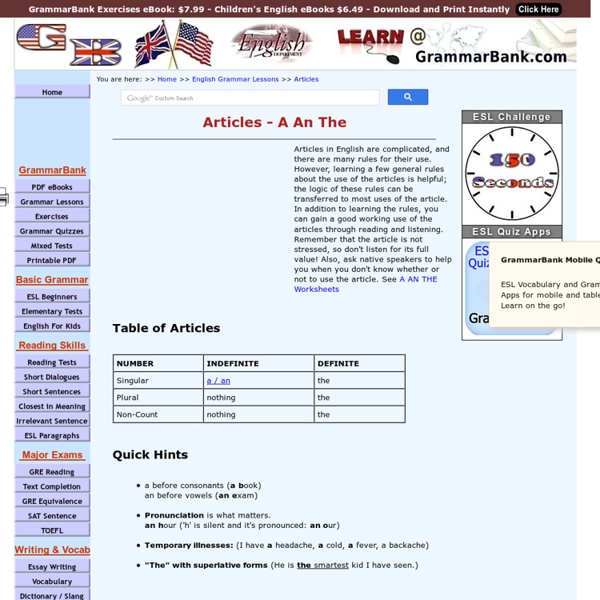



Vocabulary, Vocabulary Games - www.localhost/vocabulary Englishwsheets.com English Worksheets English tests - Learn English - Online grammar tests, dictation tests, vocabulary tests, memory tests, daily test, and reading and comprehension tests Learn English Free Test Your English How To Use This Page Here you will find English tests online to test your listening, memory, vocabulary, reading and comprehension, spelling and grammar skills. Some of the tests will open up in a new browser window, when you have finished the game just close the window. Business English | Confusing words | Dictation | Gap Fill | Grammar | Memory Placement | Reading and Comprehension | Sorting and Matching | Spelling Tests | Vocabulary English Quizzes | English Games These tests have been developed to work best using Chrome, Firefox or IE. Business English Business English abbreviations test - How much do you know about abbreviations used in business? Job Titles - Do you know who does what in a company? Which department - Can you name the departments in a company? Confusing words Any vs Some Been vs Gone Borrow vs Lend By vs Until Check vs Control He's vs His Human | Man | People| Person | Persons I / Me / My Say / Tell / Ask There / Their / They're To / Too / Two !
English Grammar Welcome to our English grammar page! Here you can find links to our most popular grammar pages, and links to essential grammar (and grammar exercises) by level. Basic English Grammar Start here if you're a beginner, or if you need to refresh your knowledge of English. Learn how to use the verb “to be” and make sure you can use it in positive, negative and question forms. Now move on to nouns. Now you're ready to improve your speaking and communiction! Elementary English Grammar This section completes the essential English grammar you need to speak in most, everyday situations. Start with Giving instructions to learn how to use the imperative form in English. At this stage, you'll also increase your knowledge of modal auxiliaries and new tenses. Go to Present Continuous to learn when to use the Present Continuous tense, and how to form the positive, negative and question forms. Pre-intermediate English Grammar Now check that you have a good understanding of the major tenses in English.
Sentence Fragments Worksheets Sentence Fragments Worksheets Practice A sentence is a group of words that expresses a complete thought. A sentence fragment fails to be a sentence in the sense that it cannot stand by itself. Here is a graphic preview for all of the Sentence Fragments worksheets. Here is a graphic preview for all the kindergarten, 1st grade, 2nd grade, 3rd grade, 4th grade, and 5th grade Sentence Fragments Worksheets. Here is a graphic preview for all the 6th grade, 7th grade, 8th grade, 9th grade, 10th grade, 11th grade, and 12th grade Sentence Fragments Worksheets. ESL Teacher Resources, Job Boards, and Worksheets The 33 Digital Skills Every 21st Century Teacher should Have By EdTech Team Updated on march 2, 2015 : The original list that was created in 2011 comprised 33 skills , after reviewing it we decided to do some merging and finally ended up with the 20 skills below. The 21st century teacher should be able to : 1- Create and edit digital audio Here are some tools for teachers to develop this skill :Free Audio Tools for Teachers 2- Use Social bookmarking to share resources with and between learners Here are some tools for teachers to develop this skill : A List of Best Bookmarking Websites for Teachers 3- Use blogs and wikis to create online platforms for students Here are some tools for teachers to develop this skill : Great Tools to Create Protected Blogs and Webpages for your Class 4- Exploit digital images for classroom use Here are some tools for teachers to develop this skill :Web Tools to Edit Pictures without Installing any softwareTools to Convert Photos into Cartoons